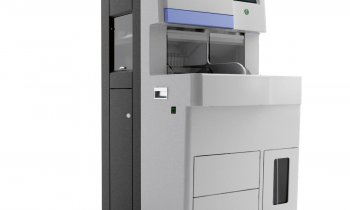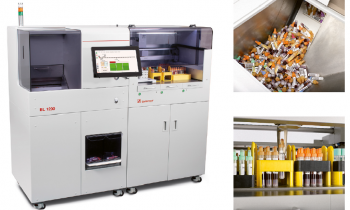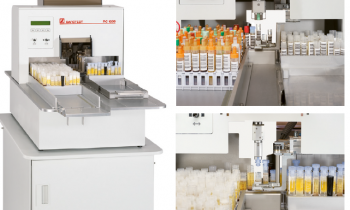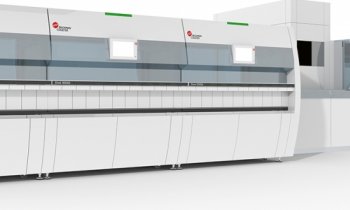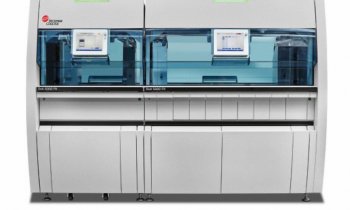Eppendorf cycler can now also be used in medical diagnostics
Product news from Eppendorf AG
PCR plays a major part in medical diagnostics. From a few drops of blood, a tissue sample or a bacterial colony will be sufficient to confirm the presence of specific DNA. This approach relies, however, on a prior understanding of the mechanisms underlying the condition e.g. the causative organism in a viral disease. Standard primers are currently available for many pathogenic organisms which is why routine PCR amplification is possible now in virtually every laboratory diagnostics facility.
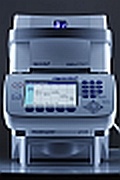
Thanks to advanced molecular biological methods, numerous samples can be analysed in a few hours. Diagnosis of infectious diseases using PCR is easier, rapid and more reliable than traditional culturing techniques. Continuous therapy control can be supported by determining the presence of bacteria and viruses at regular intervals. As the treatment of patients is dependent on the results of PCR, time is very decisive for in vitro diagnostics.
An additional factor that is important to the specificity and reproducibility of PCR is evaporation. It can become a major problem in the field of diagnostics especially when it causes wide variation between duplicate samples.
Eppendorf AG has launched a new cycler designed to cope with these requirements. The new Eppendorf Mastercycler pro has extremely rapid heating rates, effectively preventing the evaporation of the reaction sample. Evaporation is further prevented by a novel heated lid which keeps the PCR consumables fully sealed during the run and prevents sample loss particularly important for the outer wells of PCR plates - whether they are heat-sealed or not.
PCR plates are heated from above via a fluid-filled pad which flexibly adapts to the surface of PCR plates unlike the rigid heating plates in traditional machines. This “form-locking” closing used in the Mastercycler pro very effectively reduces evaporation, especially at the critical edge and corner zones of the thermoblock. This allows all block positions to be used with no risk of aberrant results from different positions.
For more information: www.eppendorf.com/pcr
21.11.2008







